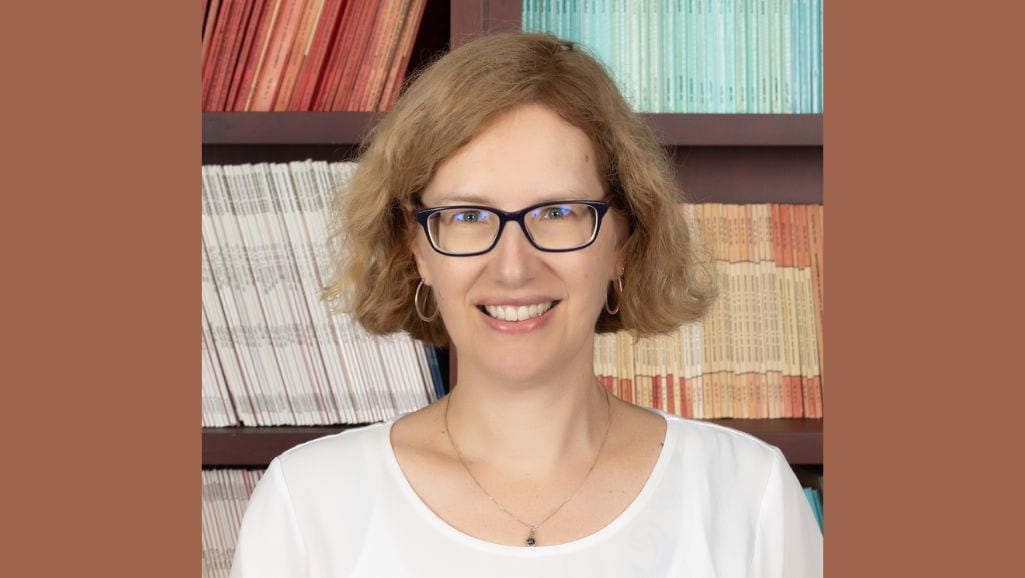Molly A Martin, MD, MAPP, Scientific Advisory Council Co-Chair
How did your interest in health equity begin?
I have always been interested in equity. I grew up in northeastern Wisconsin where everyone was the same race, ethnicity, and religion. The views of the world I was taught by that community did not feel right to me for reasons I could not at that time explain. After I left for college and began to travel and see more of the world, I realized that I thrive on diversity. In these more complex environments, I was also able to better see the privilege that I had through no effort of my own. Social justice became a driving force for me. As my education advanced through medical school, I also realized the role of social justice on health. I became increasingly frustrated that the health issues of my patients could not be solved with a simple medicine or behavior change. The problems ran much deeper and could not be fixed in the hospital or clinic. At that point, I saw an opportunity for me to leverage my skills in medicine to impact social justice through research. I sought additional training through the Robert Wood Johnson Clinical Scholars Program and then began my career as a clinician scientist focused on health equity.
What are your current research projects?
As a professor at UIC, I support a wide range of research and faculty. Specifically, I have two research projects that I lead. The Chicagoland CEAL Program is an NIH-funded partnership of academic research and community experts working together to improve healthcare access and research for Black and Latinx communities in the Chicago area. We provide a range of services and conduct research on ways to increase community capacity for health interventions and research participation. My other research project, Coordinated Oral Health Promotion (CO-OP ) Chicago, looks at factors that influence child oral health. First we tested a community health worker model; now we are following that cohort over time to identify other pathways to improve health equity in child oral health.
What are you most proud of in your career?
I think I am most proud of how I have been able to successfully conduct and promote real community-based participatory research (CBPR) for over 20 years. When I started my research career, CBPR was new, and my mentors were concerned that my research approach with community partners would not work. But it did! Together with my community partners, we generated useful research results that influenced programs, policies, and lives. We also grew research capacity for individuals and organizations through the process. A mentor of mine once told me “Do the right work and the funding will follow.” He was correct. I have been able to get NIH funding and advance my career, while also doing work that feels meaningful to me.
Do you have any fun facts?
I am the mother of three teenagers! My 19-year-old daughter is now studying art history in college, and my twin 17-year-old sons are deciding on colleges. After the chaos of raising three kids so close in age, I can barely believe that I will be an empty nester in just nine months. They tell me they are worried I will be lonely or bored. How wrong they are!

